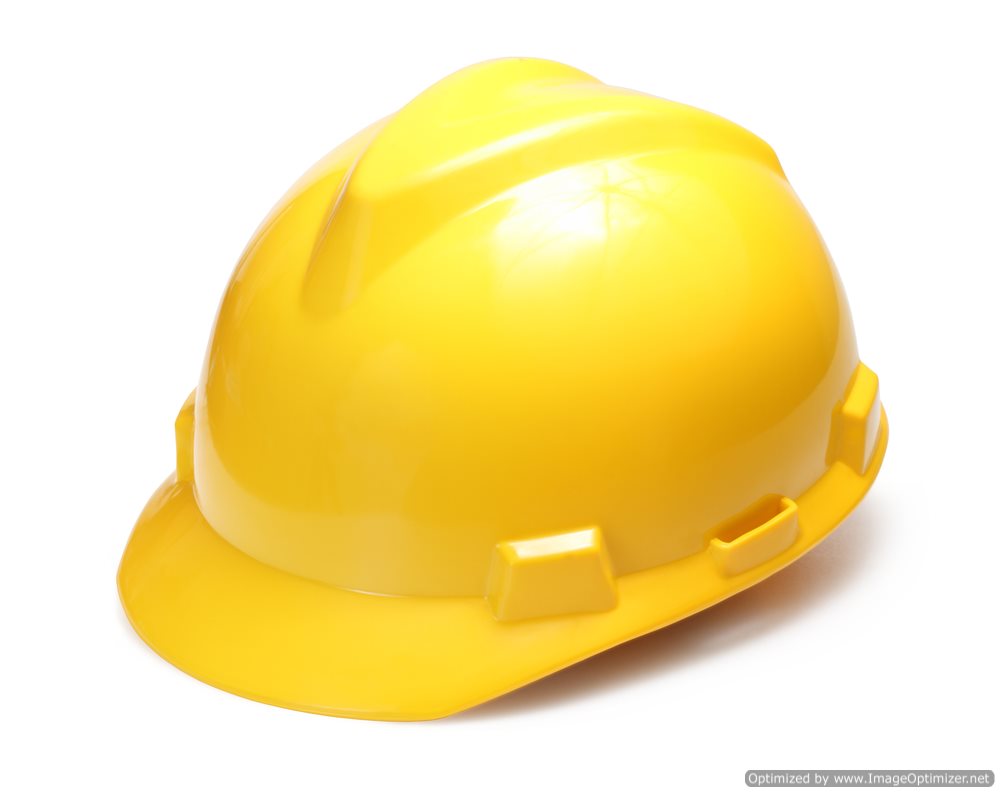Important Facts You Need to Know About A General Contractor


 What are Construction Contracts?
What are Construction Contracts?
Construction Contracts are defined as legally-binding agreements within which the structure, details, and identification of both commitments and parties involved in a construction project are illustrated. Construction Contracts typically include at least 2 entities – or parties – who agree to the expressed stipulations and terms illustrated within the text of Construction Contracts upon the endorsement or signing of the document.
In a majority of cases – ranging from commercial Construction Contracts to residential Construction Contracts – the parties named within contract agreements are defined as the following:
The client is defined as the individual who has procured a construction project, which means that they have set forth provision means – ranging from funding to materials – to the second party in order for the construction project to be implemented with the intention of completion
The contractor – or the entity responsible for the provision and completion of the construction effort – will have received goods, services, or monies whose delivery is contingent on the completion of the construction
The Primary Components of Construction Contracts
Construction Contracts will typically vary with regard to the primary components latent within their text; this variance will most often result from the specification of the Construction Contracts in question – both residential and commercial Construction Contracts are amongst the most common types of Construction Contracts:
Residential Construction Contracts
Residential Construction Contracts will typically include the following 3 components upon their creation and legal validity:
The details of the construction project – or project scope – is defined as the outline and framework of the construction project requested; oftentimes, the project scope with outline in detail all of the components of the project, including the architectural plans, process, and the expected results
The project schedule will typically outline the timeframe in which the construction project will take place; this section is mandated by start-dates and a completion-dates that are agreed upon within Construction Contracts
The project funding outlines the monetary compensation existing in conjunction with the construction project, including the method of payment, rate of payment, and the terms of payment; typically, full payment is only furnished upon the completion of a project
Commercial Construction Contracts
Commercial Construction Contracts will typically include the following 5 components due to the fact that their existence within the commercial marketplace requires the adherence to additional legislature:
The terms of service section of Commercial Construction Contracts outlines the project details and the nature of construction that will be undertaken
The legislative section ensures that the construction company will adhere to any or all applicable legislation required by local jurisdictions
Contingency Clauses appearing within Construction Contracts provides for methods of modification and rectification in the event that the expressed terms are not sufficiently met by either party involved
The Default Clause within Commercial Construction Contracts illustrate the process undertaken in the event that either party violates the terms of the contract